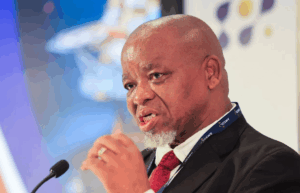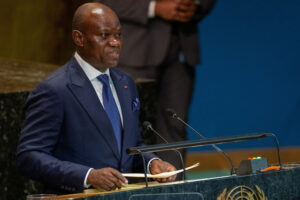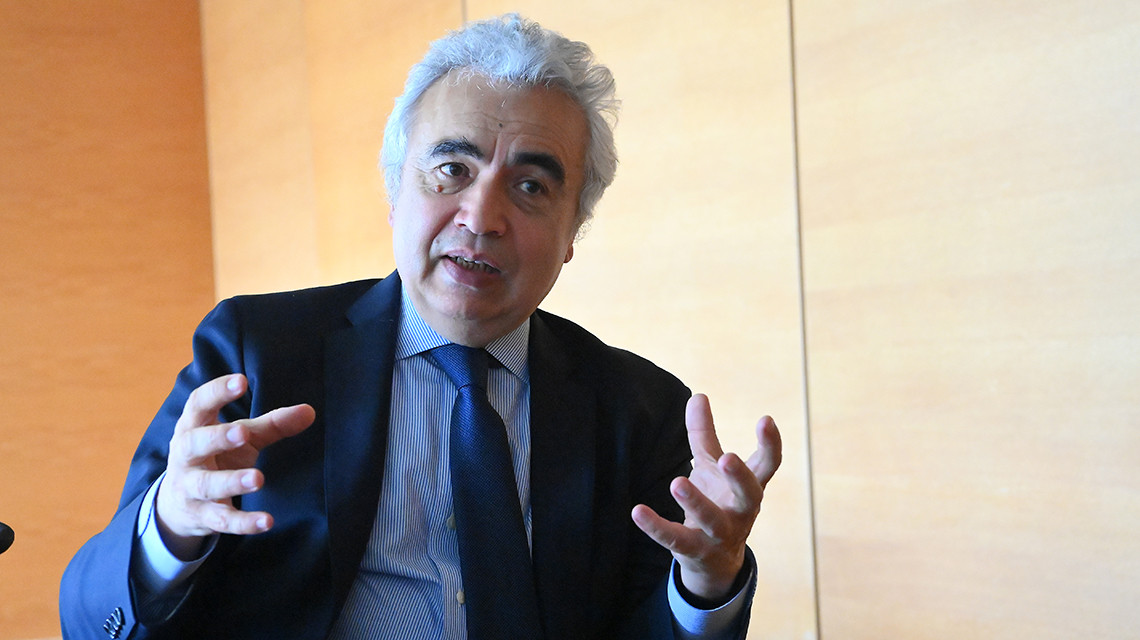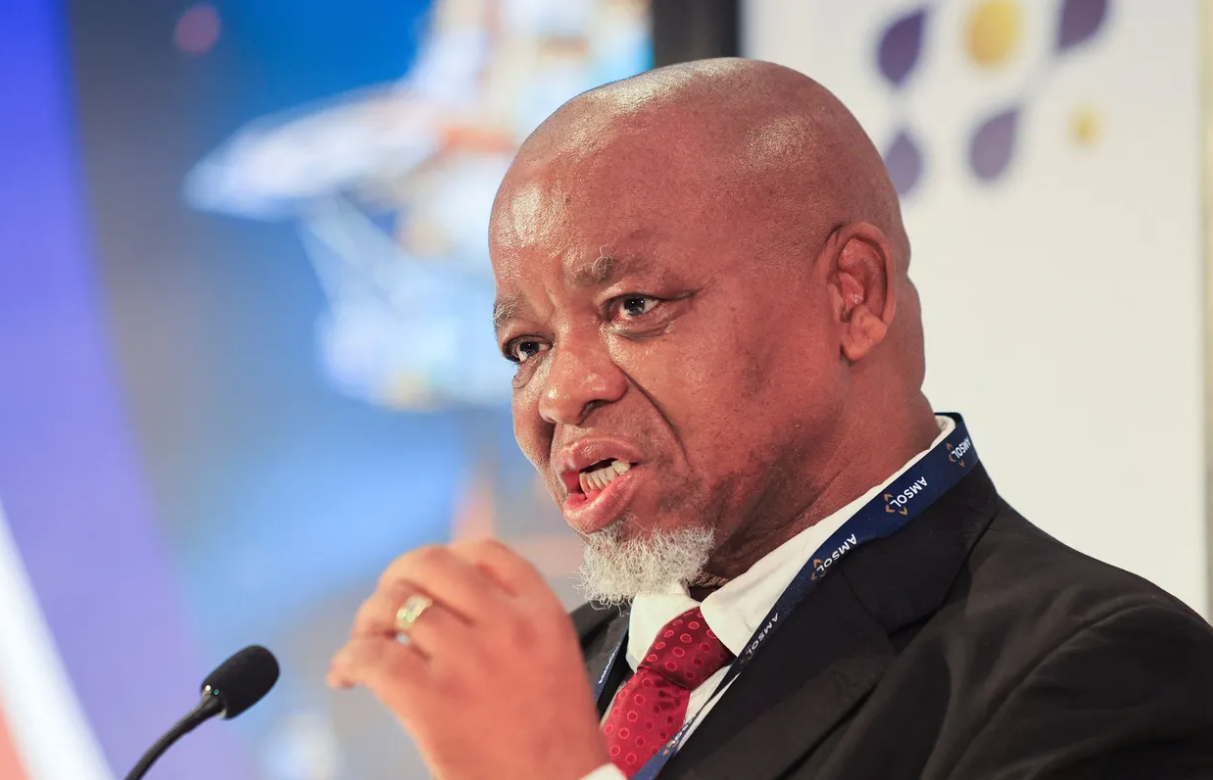President Cyril Ramaphosa has moved to provide some clarity as the debate rages on about new legislation on about Preferential Procurement Regulations 2017, which for the last five years has guided companies and state-owned institutions on supplier and companies’ compliance during procurement of goods and services.
In a media statement released last week, the National Treasury assured businesses and Government organs that reports that there was “new regulations to change procurement as it relates to State Owned Entities, and as a wholesale scrapping of Black Economic Empowerment and local content development” were inaccurate.
National Treasury, in their statement, stated that the 2017 Preferential Procurement Regulations have been replaced by Preferential Procurement Regulations (2022 Regulations) under the Preferential Procurement Policy Framework Act, 2000 (PPPFA), gazetted by the Minister of Finance on the 04 November 2022 after the Constitutional Court judgement of February 2022, ruled that the Minister exceeded his powers in prescribing the 2017 Regulations.
According to the statement by National Treasury , “Organs of state, must determine their own preferential procurement policies in accordance with section 2 of the PPPFA and the thresholds and formula prescribed in the 2022 Regulations. Organs of state are currently applying the 2017 Regulations as per clarification of the Constitutional Court until the 2022 Regulations take effect on 16 January 2023. It should be noted that these Regulations deal with preferential procurement in terms of the PPPFA”.
The tone of the statement was interpreted as stating that the National Government had now allowed SOEs to develop their own codes of compliance in procurement, which could subsequently disadvantage B-BBEE suppliers if transformational procurement was dropped as an overarching requirement.
The interpretation from commentators revolved around the perception that subsequent to the announcement, state-owned organisations like the national power utility Eskom, Transnet, Sanral, and others may not be required to buy their necessities from businesses that fully adhere to BEE regulations.
Finance Minister Enoch Godongwana stated in his latest Medium Term Budget Policy Statement Speech that the National Treasury is driven to modernise procurement in the country with the long-term goal of simplifying and speeding up processes.
Writing in his weekly newsletter on Monday 14 November 2022, President Ramaphosa states that Godongwana’s announcement resulted from National Treasury’s compliance to fulfil an order of the Constitutional Court last year declaring that the preferential procurement regulations from 2017 are illegal, and requiring that the Minister of Finance replace them within 12 months.
“It is in this context that the new Preferential Procurement Regulations published by the National Treasury last week need to be understood. Government remains wholly committed to transformation and empowerment as envisioned in the Constitution. Some people, for their own reasons, have mischaracterised the purpose and effect of the new regulations. Some commentary has even claimed that this government is back-tracking on its commitment to broad-based black economic empowerment.”
According to the President, the Constitution provides for both value-for-money and empowerment in public procurement.
“It says that when public bodies contract for goods and services, they must do so in a manner that is fair, equitable, transparent, competitive and cost-effective. It also says the state must implement a preferential procurement policy that advances people who have been disadvantaged by unfair discrimination. In South Africa, this refers to black people, women and persons with disabilities.
“It is in this context that the new Preferential Procurement Regulations published by the National Treasury last week need to be understood. Government remains wholly committed to transformation and empowerment as envisioned in the Constitution. Some people, for their own reasons, have mischaracterised the purpose and effect of the new regulations. Some commentary has even claimed that this government is back-tracking on its commitment to broad-based black economic empowerment”.
“This claim is far from the truth. The new regulations fulfil an order of the Constitutional Court last year declaring that the preferential procurement regulations from 2017 are illegal, and requiring that the Minister of Finance replace them within 12 months”
The new regulations, wrote the President, have no effect on the Broad-Based Black Economic Empowerment Act, as all organs of state must fully comply with this Act when developing their procurement policies. This Act remains in force as one of the most transformative pieces of legislation to come out of democratic South Africa.
“Government’s policy framework has not changed with the introduction of these regulations, nor has our commitment to service delivery and black economic empowerment. Empowerment criteria will still be applied in government contracting and organs of state must comply with the BBBEE Act when developing their procurement policies”.
“The new regulations are not “a victory for sound business practices” as one interest group has claimed. What is unsound, unsustainable and, above all, immoral, is an economy that benefits the few at the expense of the many. Put plainly, we remain as committed as ever to broad-based black economic empowerment, meeting our localisation objectives and transforming an economy that, despite our best efforts, is still largely controlled by a minority”.












